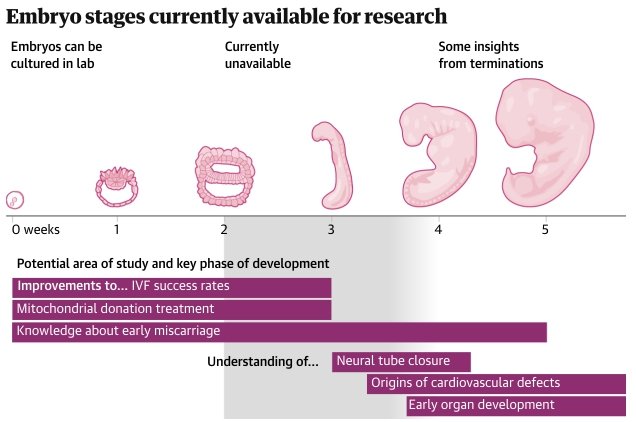A 70-year-old woman has given birth to twins following IVF treatment, three years after her last baby.
Safina Namukwaya became one of the oldest women to give birth on record when she delivered a girl and a boy at a fertility centre in the Ugandan capital, Kampala this week.
The premature babies were placed in an incubator after the birth at 31 weeks, but doctors say they are in a stable condition.
Women’s Hospital International and Fertility Centre described the event as historic and told of “achieving the extraordinary” as it reported that the mother and babies are all well. Ms Namukwaya, who gave birth via caesarean, told local media it was a “miracle”.
Speaking to Uganda’s Daily Monitor newspaper, she said her pregnancy, which comes after she delivered a baby girl in 2020, had been difficult as her partner left her when he found out she was going to have twins.
While women usually go through menopause between the ages of 45 and 55, which causes a drop in fertility, advances in medicine have opened up possibilities for giving birth past this age, namely through in-vitro fertilisation (IVF).




